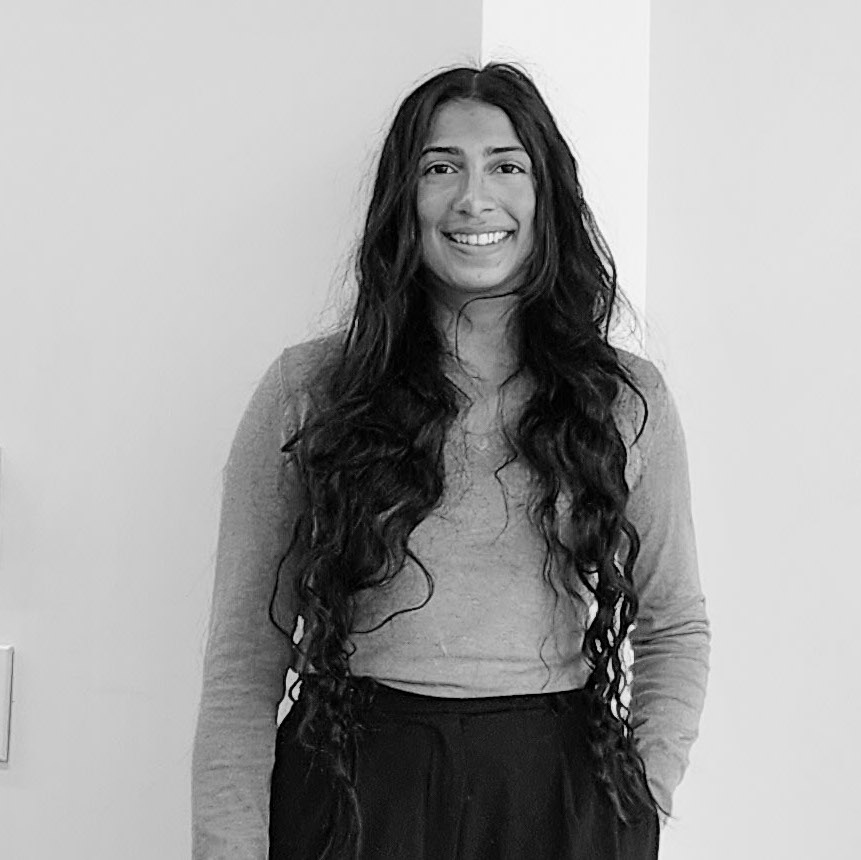
In business, the opportunity to practice social good can start in the investment sphere itself. Venture capital firms not only can bolster financial outcomes for startups and small businesses, but also help drive company culture. To that end, Muse Capital invests in consumer tech with a focus on underserved markets and advocates for diversity and inclusion in start-ups. The Los-Angeles based seed stage fund is a diverse female team and holds a 50 percent minority or female-led portfolio.
“We really believe that as more money comes into the hands of diverse managers, you’re going to see a better outcome within the start-up space,” said Rachel Springate, Muse Capital’s co-founder.
Diversity is an investment opportunity
In the U.S, white employees comprise both 72 percent of both the venture capital workforce and investment professionals overall. Homogenous investment teams can lead to selection bias, which affects how businesses are funded and ultimately which markets are served.
On that point, Muse Capital focuses on underserved markets in industries: motherhood, the future of women’s health, education, media and entertainment.
For example, Muse Capital funded an unmet need in an underserved market by investing in Mahmee. This care management platform was designed to reduce maternal mortality, assist with recovery after giving birth and provide clinical support.
During a recent interview with TriplePundit, Springate explained that Mahmee is serving an overlooked market; traditional investors had not realized its size or demand. In the U.S., women are likely to die from childbirth related causes at a rate double that of most higher-income nations, and there is also a shortage of maternity care providers.
Muse Capital says it scouts companies that are achieving social good while proving long-term business traction; its investment in Caribu exemplifies this ethos. Launched after extensive product and market surveys and networking, the educational family entertainment platform lets children and caretakers read, play games and draw together through interactive video calls. In 2018, its founders raised $1.3 million during Caribu's initial funding stage. Then last year, school closures and social distancing due to the COVID-19 pandemic ended up increasing demand for interactive online learning and connection. The platform is now available in over 200 countries.
Diversity in venture capital leads to profitable investments
One of Muse Capital’s first investments was Firefly. The smart billboard advertising platform was founded by a Turkish immigrant team. Springate shared with 3p that Muse Capital’s diverse team, one with non-traditional career paths, helped Firefly acquire advertisement deals, raise strategic capital and provide industry support through the venture capital’s network.
“It’s also very important to understand that investing in minority of female founders is not charity, it’s good business,” said Springate.
Diverse venture capital teams are more likely to invest in diverse founders. Relatively, companies with gender or diverse executive teams are 48 percent more likely to produce a better rate of investment than homogenous teams. Strong financial performance is attributed to new ideas and higher innovation.
From different backgrounds comes innovation
In addition, companies with above-average diversity scores derived 45 percent of their revenue from innovation compared to companies with below-average diversity scores that derived 26 percent of revenue from innovation. Existing social good, diversity and inclusion in the investment sphere accelerates financial performance and innovation for businesses invested in. These factors are important for sustainable company growth. “Diversity does lead to really good business and you can do both social good and make a lot of money by investing in underserved founders and underserved markets," said Springate.
The rewards of diverse venture capital and inclusive investments go beyond immediate profit. Diverse publicly traded companies are 70 percent more likely than homogenous publicly traded companies to acquire new markets.
Through being able to pivot their business strategies rapidly, and ensuring their operations integrate social responsibility within their business models, startups that receive such support in its investment stages are at an advantage. Work and consumer attitudes amongst younger generations is changing; 73 percent of millennials prefer working with socially responsible companies. With shifting attitudes favoring social responsibility, venture capitals are leading the way in building more sustainable companies in the long term.
Image credit: Ono Kosuki/Pexels

Rasha is a freelance journalist with experience in external communications and publicity. She is a Ryerson School of Journalism graduate and has worked on various media and communication campaigns in film, home development and the nonprofit sector. Rasha is passionate about storytelling for impact, whether she focuses on social enterprise, transforming our food system or making the business world more inclusive.














